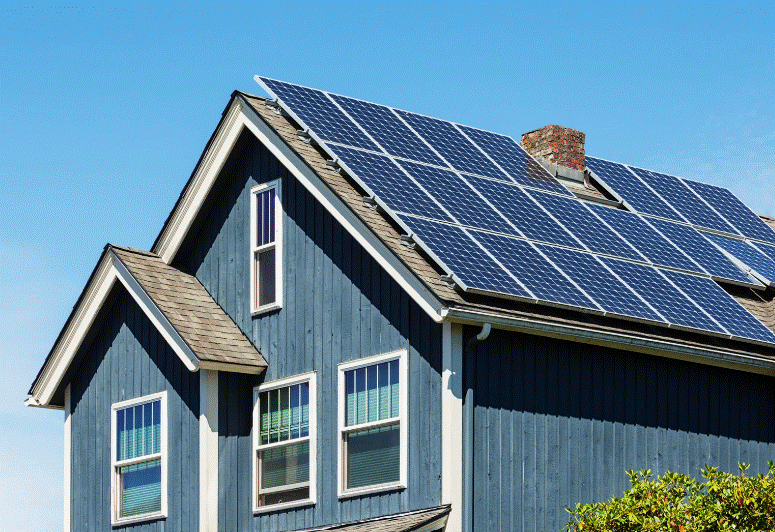As energy costs continue to rise and environmental concerns take center stage, more homeowners are considering solar panel installations. Beyond the immediate benefits of reduced energy bills, a common question arises: Do solar panels actually increase your home’s value? We explore the financial implications of solar energy systems and their impact on home resale values.
The Growing Appeal of Solar Energy
Solar energy has gained significant traction in recent years due to technological advancements, government incentives, and a growing commitment to sustainability. According to the Solar Energy Industries Association (SEIA), the U.S. solar market has expanded rapidly, with installations doubling over the past five years. As more homeowners transition to renewable energy sources, understanding the potential return on investment (ROI) from solar panels becomes crucial.
Financial Benefits of Solar Panels
- Lower Energy Costs: One of the most immediate benefits of installing solar panels is the reduction in monthly energy bills. Homeowners can significantly lower their electricity expenses, which translates into savings over time.
- Tax Incentives: Federal and state governments often provide tax credits and rebates for solar installations. The Federal Solar Tax Credit (ITC) allows homeowners to deduct a percentage of the installation cost from their federal taxes, making the initial investment more manageable.
- Increased Home Resale Value: Research indicates that solar panels can increase a home’s resale value. A study by the National Renewable Energy Laboratory (NREL) found that homes with solar energy systems sold for an average of $15,000 more than comparable homes without them.
Factors Influencing Value Increases
While the data suggests that solar panels can enhance home value, several factors influence the extent of this increase:
- Location: The impact of solar panels on home value can vary significantly based on geographical location. Areas with higher electricity rates or strong incentives for solar energy may see a more pronounced value increase.
- System Size and Type: The size and quality of the solar panel system can affect its perceived value. Larger systems that generate more electricity may yield higher resale values, while outdated or poorly maintained systems may detract from the home’s value.
- Market Demand: In regions where renewable energy is highly valued, homes with solar installations may attract more buyers, leading to increased competition and higher prices.
Potential Challenges
While solar panels can enhance home value, there are potential challenges to consider:
- Transferability of Leases: Many homeowners opt for solar leases or power purchase agreements (PPAs). If the solar system is leased, prospective buyers may be wary of taking on the lease, which could impact the home’s marketability.
- Upfront Costs: Although solar panels often lead to savings, the initial installation costs can be substantial. Homeowners should carefully evaluate their financial situation and explore financing options.
- Maintenance and Repairs: Solar panels require maintenance to ensure optimal performance. Prospective buyers may be concerned about potential repair costs or the system’s longevity, which could influence their purchasing decision.
In summary, installing solar panels can significantly increase your home’s value, particularly in favorable markets and with well-maintained systems. As more homeowners prioritize sustainability and energy efficiency, the demand for homes with solar installations is likely to grow. Homeowners considering this investment should weigh the financial benefits, potential challenges, and their long-term goals. By doing so, they can make an informed decision that not only enhances their living environment but also contributes positively to their property value.





